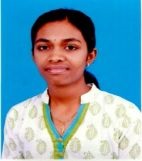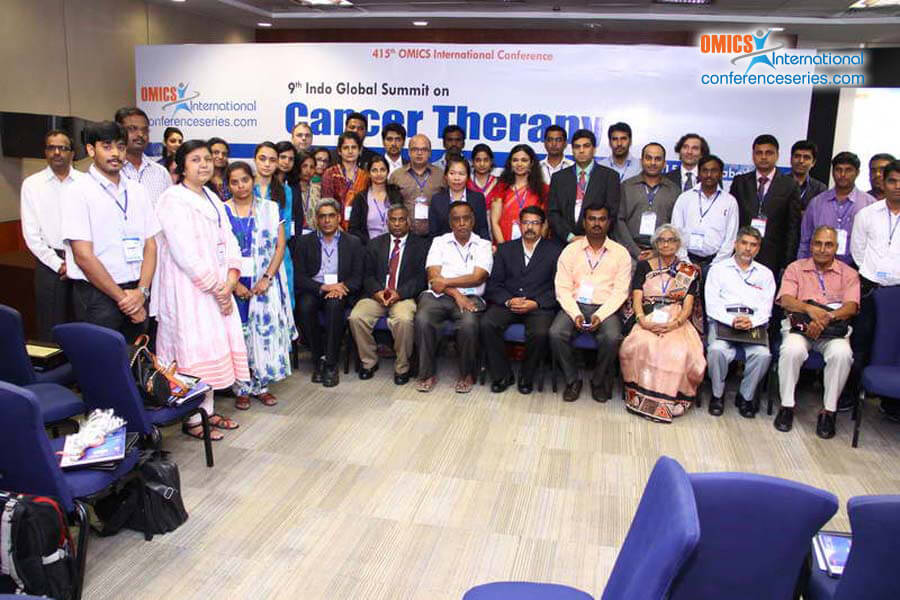
Jeyakeerthi S
Dr.MGR Medical University, India
Title: Barriers to Perform Early Screening and Practice of Breast Self-Examination among High Risk Young Adults
Biography
Biography: Jeyakeerthi S
Abstract
Background: More than 90% of cases of breast cancer can be detected by women themselves, stressing the importance of breast self-examination (BSE) as the key breast cancer detection mechanism. The problem is that poor awareness of breast cancer symptoms has usually been associated with patient delay in seeking help resulting in reduced survival. In this point of view, we planned to study the Barriers to Perform Early Screening and Practice of Breast Self-Examination among High Risk Young Adults. Materials and Methods: The analytical cross-sectional study was carried out 70 female’s students, aged between 18–23 yrs., in a tertiary care teaching hospital during 2014-15. They were selected by simple randomized sampling method based on family history, pre tested structured questionnaire. After getting approval from institutional ethical committee, data collection were done by using self-administered questionnaires. It consists of demographic data, practice of breast self-examination, reasons and barrier to perform BSE. The descriptive data were presented as frequencies and percentages. Statistical analysis was carried out by using IBM SPSS version 21. Results: The mean age, BMI were 18 yrs. And 21.01 respectively. Of the total sample, approximately 32(45%) of the student had performed BSE 38(55%) have not performed. Although most were aware that the BSE due to breast cancer and other diseases. Nearly half the students 43(61%) sated that the never felt the need to do BSE because of they don’t know how to do it and absence of symptoms. In conclusion, most of the students preferred individualized method for removal barrier to perform BSE than other method. Conclusion: The study revealed that educating the youth on breast cancer is a potential strategy for dissemination of information and their knowledge to other female family members and friends in the society. Overall, our objectives could urge the healthcare providers and educationists to rethink their strategy of imparting knowledge to young adult on early diagnosis of breast cancer.

